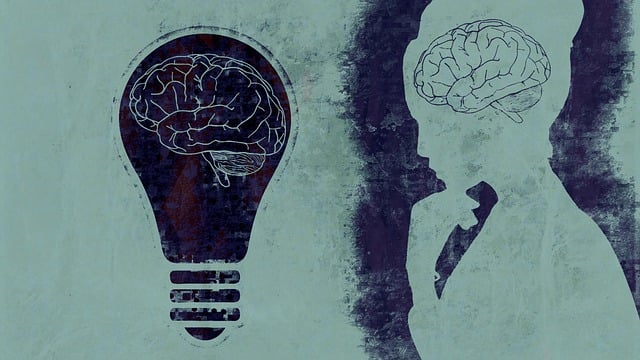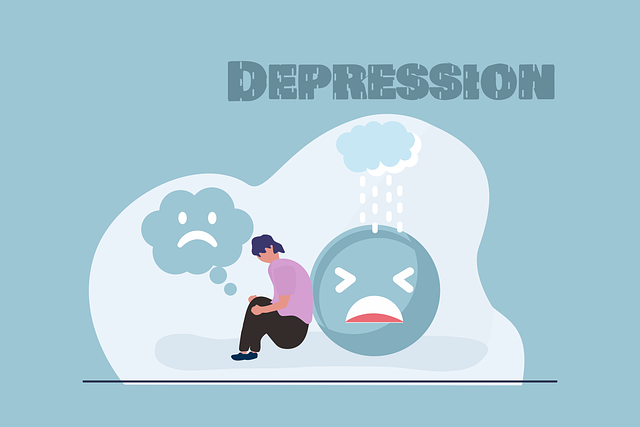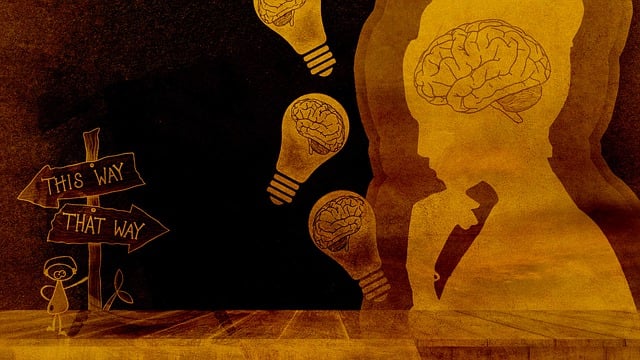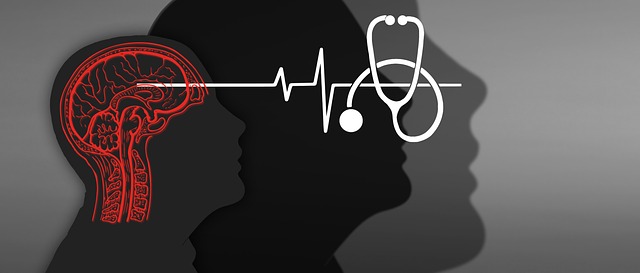Trauma and Attention Deficit Disorders (ADD/ADHD) significantly impact adolescent mental health, requiring specialized support. Key strategies include evidence-based therapy, early ADD/ADHD evaluations, community education, and holistic support systems. Trauma-informed therapy empowers teens to process experiences, manage emotions, and build resilience. Combining these approaches with accessible resources aids adolescents in overcoming challenges and promoting long-term well-being, focusing on both trauma healing and effective management of co-occurring ADD/ADHD conditions.
Trauma can profoundly impact adolescent development, with effects rippling through their emotional, behavioral, and academic lives. This article explores key aspects of trauma support services tailored to adolescents. We delve into understanding trauma’s far-reaching consequences on teens, identifying ADD/ADHD symptoms as potential red flags for underlying trauma, and highlighting the importance of comprehensive healing systems. Additionally, we guide parents and caregivers through navigating trauma-informed therapy services, emphasizing the transformative power of specialized therapy for adolescent teens, including crucial ADD-ADHD evaluations.
- Understanding Trauma and Its Impact on Adolescents
- Identifying ADD/ADHD in Teenagers: Early Intervention Strategies
- Building a Comprehensive Support System for Healing
- Accessing and Navigating Trauma-Informed Therapy Services
Understanding Trauma and Its Impact on Adolescents

Trauma can significantly impact adolescents, affecting their mental wellness and overall development. Adolescent teens may struggle with managing their moods and emotions due to past traumatic experiences, which can lead to various challenges in their daily lives. Understanding trauma is a crucial step in providing effective support. This involves recognizing that trauma isn’t just about the event itself but also the individual’s response and subsequent coping mechanisms.
Therapy for adolescent teens plays a vital role in addressing trauma-related issues. Specialized therapy sessions can help these young individuals process their experiences, develop healthy communication strategies, and learn mood management techniques. ADD-ADHD evaluations are often relevant in this context, as some adolescents might also present with co-occurring conditions that require tailored interventions. By implementing evidence-based practices, mental health professionals can empower teens to build resilience and reclaim their emotional well-being.
Identifying ADD/ADHD in Teenagers: Early Intervention Strategies

Recognizing Attention Deficit Disorder (ADD) or Attention-Deficit/Hyperactivity Disorder (ADHD) in teenagers is a crucial step in providing appropriate support and therapy. Early intervention strategies can significantly impact an adolescent’s overall well-being and future success. Mental health professionals play a vital role in evaluating and diagnosing ADD/ADHD through comprehensive assessments, which include behavioral observations, parent and teacher interviews, and standardized tests. This process is essential for accurate risk management planning, ensuring that each teen receives tailored care.
Community outreach programs can also aid in identifying potential cases by educating parents, teachers, and the broader community about the signs and symptoms of ADD/ADHD. Fostering open communication and inner strength development through therapy enables adolescents to manage their conditions effectively. By implementing these strategies, professionals can create a supportive environment, enhancing the chances of positive outcomes for teenagers navigating this challenging condition.
Building a Comprehensive Support System for Healing

Creating a robust support system is essential for fostering healing among individuals who have experienced trauma, particularly adolescent teens struggling with conditions like Attention Deficit Disorder (ADD) or ADHD. This involves integrating various therapeutic approaches and specialized services to cater to diverse needs. One crucial component is providing access to qualified therapists who can offer evidence-based treatments tailored to each teen’s unique experience. Group therapy sessions can also create a sense of community, enabling teens to connect with peers facing similar challenges, enhancing their support network.
Additionally, healthcare providers should emphasize the importance of communication strategies that promote open dialogue between patients and professionals. This includes training in cultural competency, ensuring that mental health professionals are equipped to understand and address the specific needs of diverse populations. A comprehensive risk assessment is another vital tool, helping to identify potential risks and triggers while developing proactive interventions. By combining these elements, a holistic support system can be established, empowering adolescent teens on their journey towards healing and recovery.
Accessing and Navigating Trauma-Informed Therapy Services

Accessing trauma-informed therapy services is a crucial step for adolescent teens dealing with complex emotional issues, including those diagnosed with ADD/ADHD. Many young individuals struggle to find support that understands their unique challenges. Therapists specialized in this field employ empathy-building strategies tailored to help teens process traumatic experiences and manage stress effectively. These services are designed to create a safe space, fostering open communication and encouraging self-expression.
Navigating these resources can be daunting, but with the right guidance, it becomes a path to healing. Parents or guardians can play a vital role by seeking evaluations from qualified professionals who offer ADD/ADHD assessments alongside trauma therapy. The Mental Wellness Podcast Series Production highlights success stories, raising awareness and encouraging teens to take that first step towards recovery. By combining specialized care with accessible resources, teenagers can begin their journey to overcoming trauma and nurturing mental wellness.
Supporting adolescents through trauma requires a multi-faceted approach, from understanding its profound impact on young minds to accessing specialized therapy services. By identifying and addressing issues like ADD/ADHD early on, we can foster comprehensive healing. Trauma-informed therapy plays a pivotal role in helping teens navigate their experiences and build resilience. With the right support system, adolescents can heal and thrive, setting them up for a brighter future. Remember, access to appropriate evaluations and therapeutic interventions, tailored to their unique needs, is key to empowering these young individuals.












